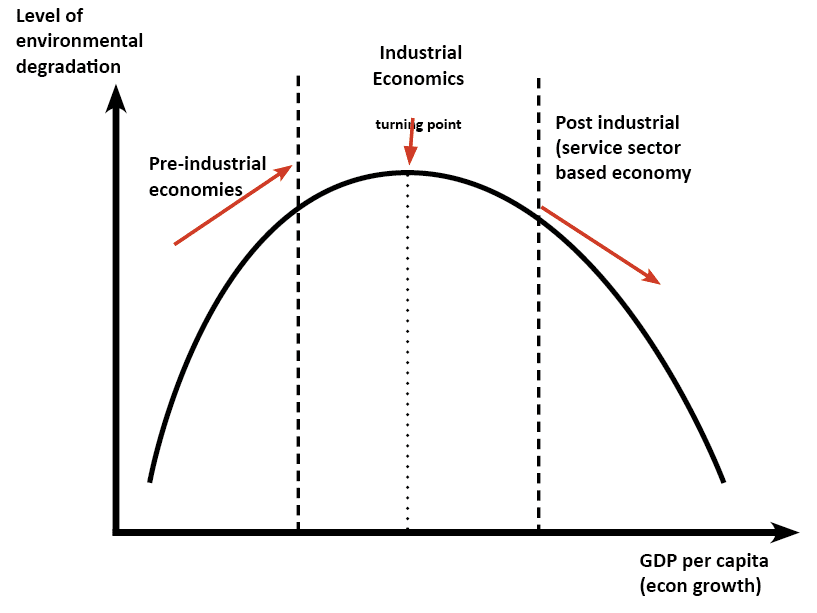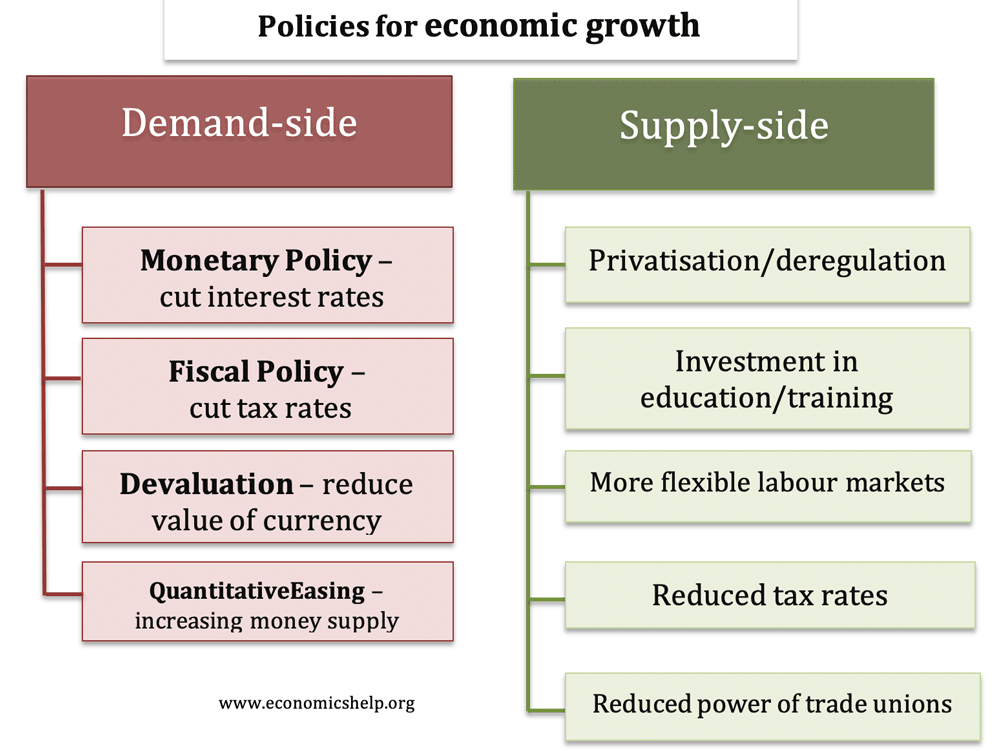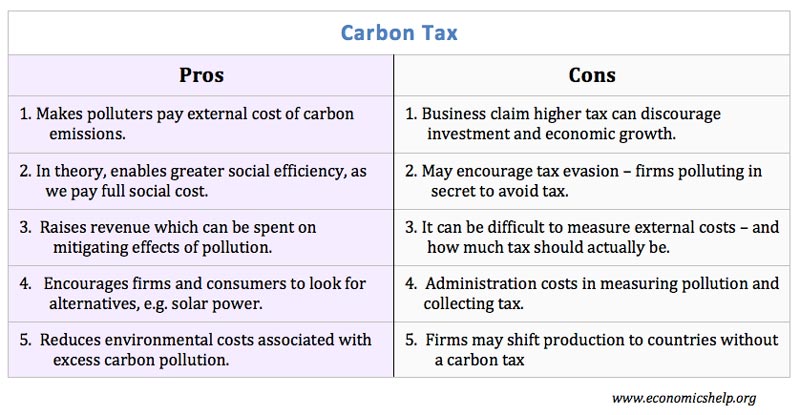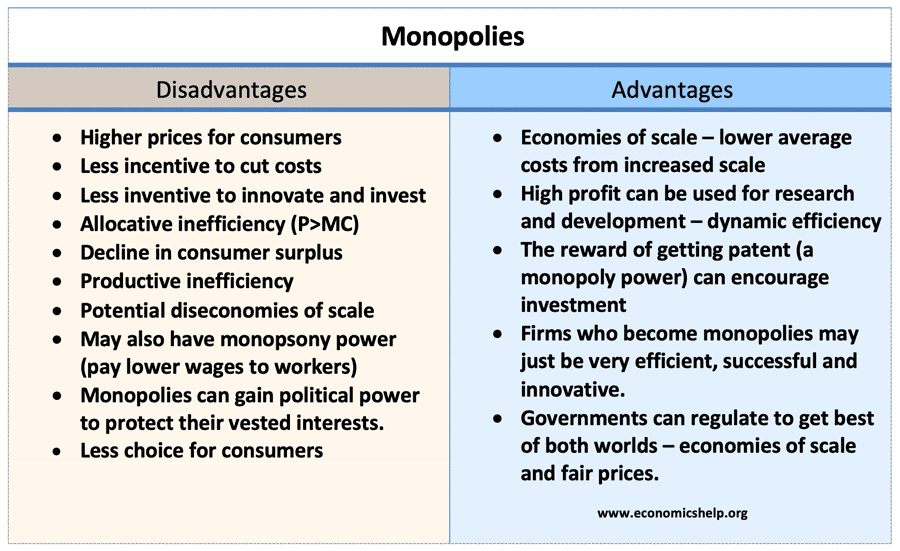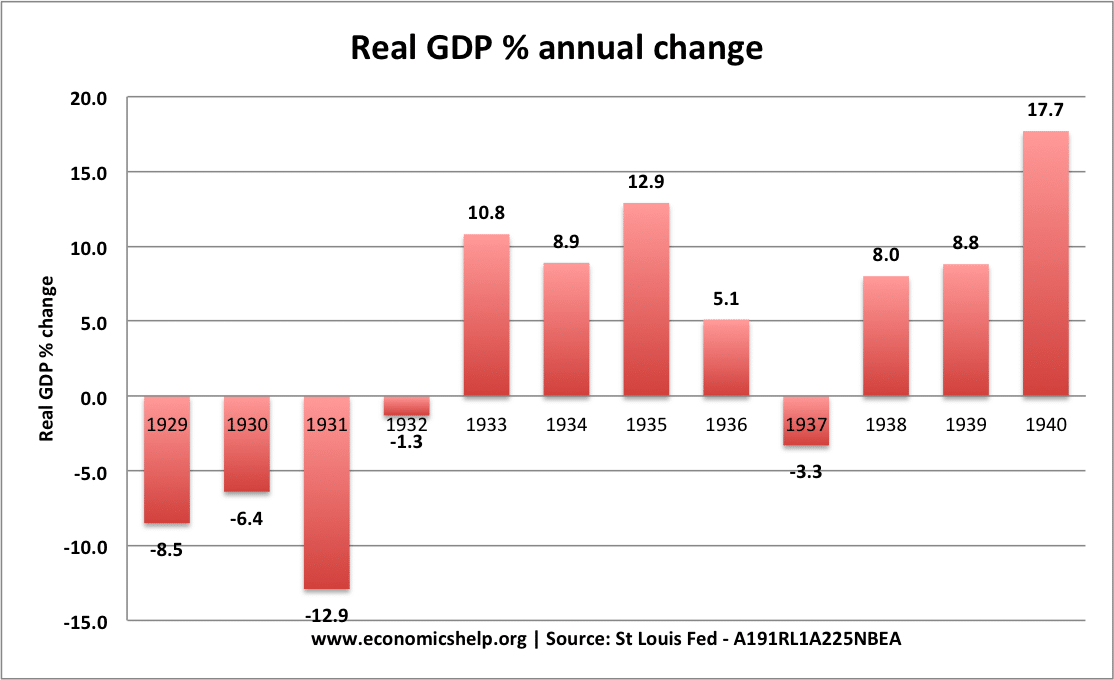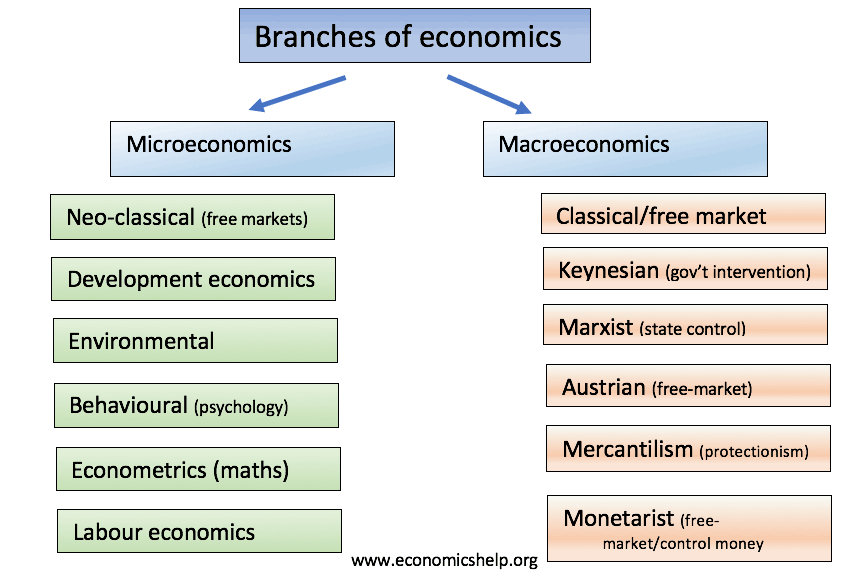Environmental impact of economic growth
Economic growth means an increase in real output (real GDP). Therefore, with increased output and consumption we are likely to see costs imposed on the environment. The environmental impact of economic growth includes the increased consumption of non-renewable resources, higher levels of pollution, global warming and the potential loss of environmental habitats. However, not all …

